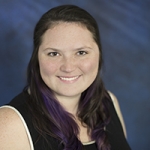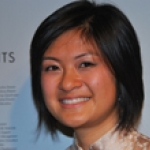
Laura Ng
Arts administrators, emerging philanthropists, cultural patrons, and arts practitioners converged at the Atwater Village Theater on October 20 for Emerging Arts Leaders/Los Angeles' full-day Creative Conversation, asking again, what is “creative placemaking”? Or, in the long-form title, to explore “Sparking Inclusive Dialogue Through Creative Placemaking.”
Dan Kwong, project leader for Great Leap’s COLLABORATORY, may have put it best when he compared broaching the question to the ambivalence and trepidation felt when one is asked to measure the impact of arts on social building.
With disciplines as divergent as Anne Bray’s work in media arts, Dan Kwong in performance, and Brian Janeczko in architecture and industrial design/fabrication, one unifying outlook voiced by the panelists was that creative placemaking must happen organically with a collaborative conscientiousness responsive to a specific community.
Keynote speaker John Malpede framed the particularity of elements needed to come together by sharing his own experience at the Los Angeles Poverty Department, which he founded almost serendipitously.
The performance artist volunteered with a group of lawyers offering their services pro-bono to the residents of L.A.’s Skid Row until he became a de facto paralegal, who so galvanized the community that those same clients involved themselves into launching self-produced dramatic performances.
With no permanent headquarters, their activities attracted the attention of screenwriters from other parts of the city and instigating conversations with numerous neighborhood organizations, such as LAMP and the Skid Row Players’ drummers, materializing improvement amenities such as the “funky trash cans” provided by OG Man that would not be readily perceived as an urgent need to those outside in what they termed Normalville.
Read More




 Laura Ng
Laura Ng





 With October right around the corner, we all have the opportunity to commemorate the arts in a big way by participating in
With October right around the corner, we all have the opportunity to commemorate the arts in a big way by participating in 



